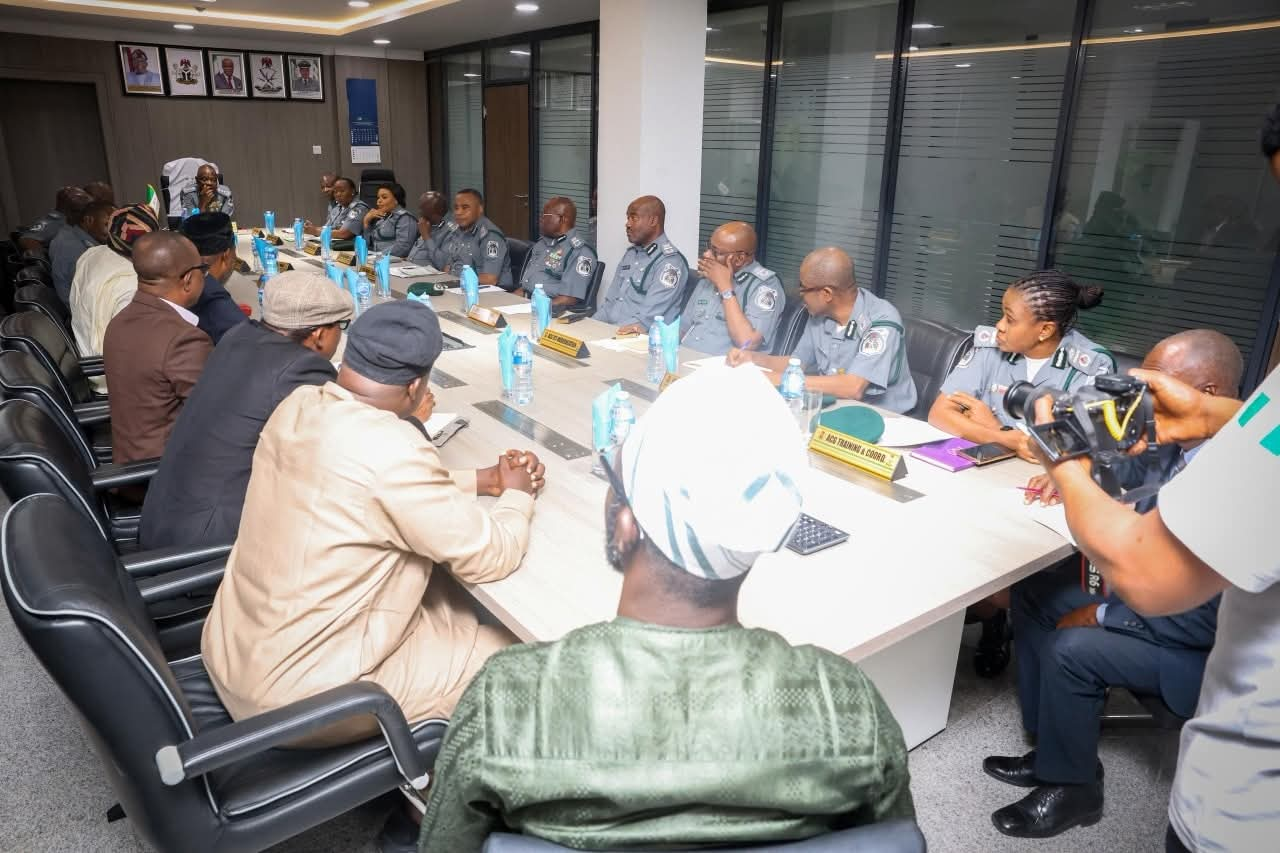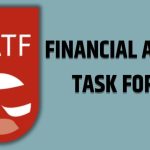New indications suggest that the Nigeria Customs Service (NCS) is planning a significant upward review of licensing fees for clearing agents, bonded terminals, and ship chandlers.
According to documents obtained exclusively by PORTS AND BORDERS, the proposed licensing fee for clearing agents will rise from the current ₦515,000 to ₦10 million. Bonded terminal licenses are set to increase from ₦60,000 to ₦20 million, while ship chandlers’ licensing fees will jump from ₦515 to ₦2 million. The proposal also includes revised renewal fees: ₦4 million for clearing agents, ₦10 million for bonded terminals, and ₦1 million for ship chandlers.
In a similar vein, Customs is proposing dramatic increases in bank bond requirements. Clearing agents’ bonds would rise from ₦315,000 to ₦20 million, bonded terminals from ₦50,000 to ₦500 million, and ship chandlers from ₦350,000 to ₦2 million.
The proposals were unveiled during a stakeholder meeting held last Thursday at the Customs headquarters in Abuja, chaired by the Comptroller-General of Customs, Bashir Adewale Adeniyi. During the meeting, Deputy Comptroller-General of Tariffs and Trade, Caroline Niagwan, presented the proposed rates to industry stakeholders.
PORTS AND BORDERS gathered that while stakeholders agreed to take the proposals back to their various associations for internal consultation, the initial reaction was largely negative, with many rejecting the proposals outright. The CGC subsequently adjourned the discussions for two weeks to allow time for wider deliberations and feedback.
In an interview with PORTS AND BORDERS, the President of the Africa Association of Professional Freight Forwarders and Logistics (APFFLON) expressed doubt about the ability of clearing agents to effectively negotiate with Customs, citing a lack of unity among industry associations.
“I don’t believe we’ll be able to negotiate effectively with Customs on these proposed rates. The freight forwarding associations are not united and don’t speak with one voice. By the time we return to the table in two weeks, everyone will come with different positions—and Customs will win because the federal government is desperate for revenue,” he said.
He called on the President of the Association of Nigerian Licensed Customs Agents (ANLCA), Emenike Nwokeoji, to take the lead in uniting all associations for a coordinated response. “This is where leadership is needed. Unfortunately, ANLCA hasn’t shown willingness to engage with us. If this continues, some associations may end up backing the Customs proposals.”
Meanwhile, the Nigeria Customs Service issued a press statement on Friday explaining the rationale behind the proposed fee adjustments. According to the Service, the review aims to align with current economic realities, including foreign exchange fluctuations, operational needs, and the necessity to ensure only compliant and competent agents remain in the system.
“This initiative is designed to promote accountability, streamline procedures, and improve service quality within the sector,” the statement read.
NCS emphasized that the review is part of broader modernization reforms intended to reposition the Service for modern trade and border management challenges. The new licensing structure is expected to enhance transparency, predictability, and efficiency, benefiting compliant operators and the trading public alike. It is scheduled to take effect in January 2026, after stakeholder consultations conclude.
The statement also outlined incentives for agents who comply with the new structure, including expedited processing, better communication channels, and integration with enhanced digital platforms. These measures are intended to encourage professionalism while deterring unethical practices.
NCS reassured stakeholders of its commitment to an inclusive and transparent review process, pledging to consider all feedback from associations, operators, and government bodies before finalizing the proposals.
















